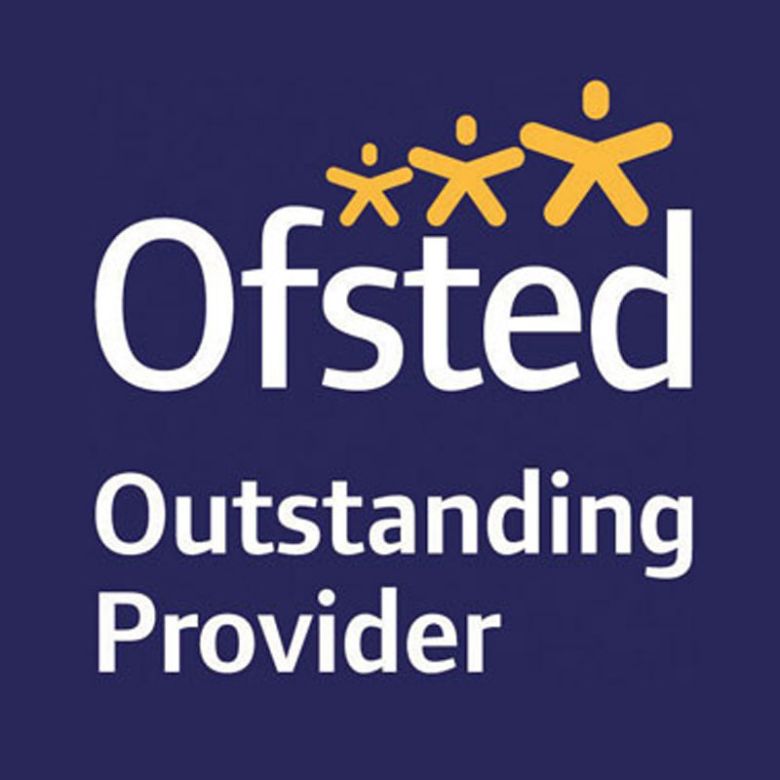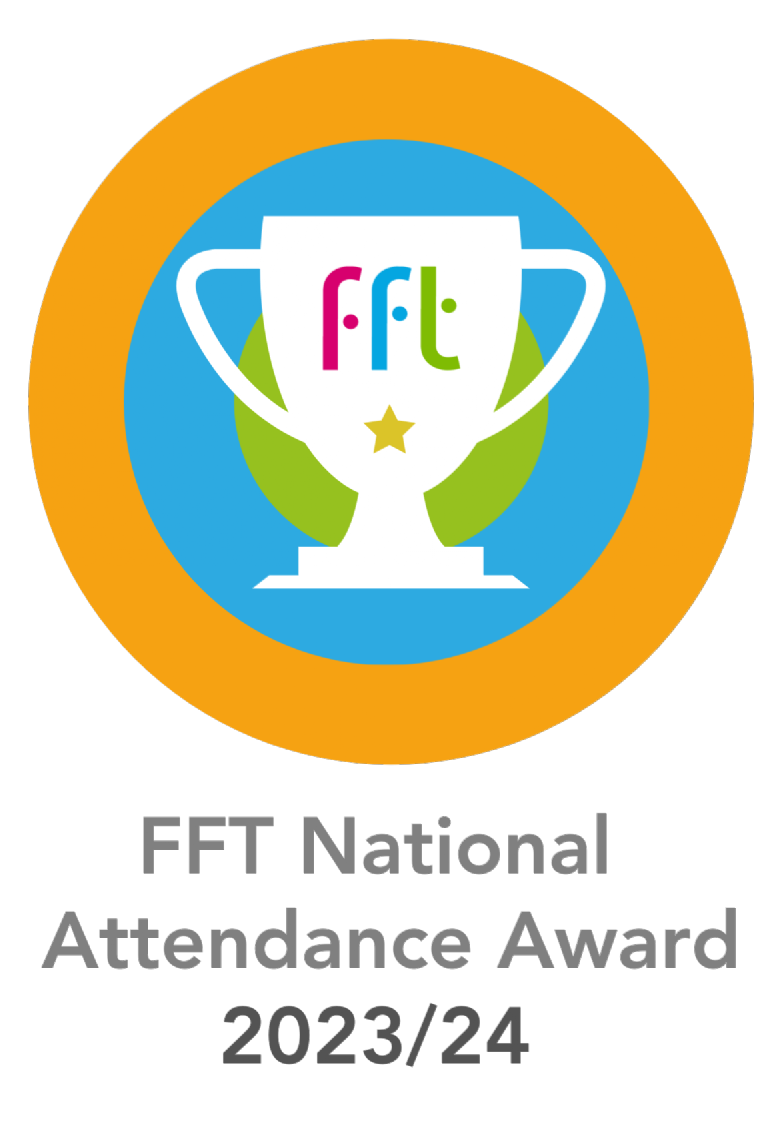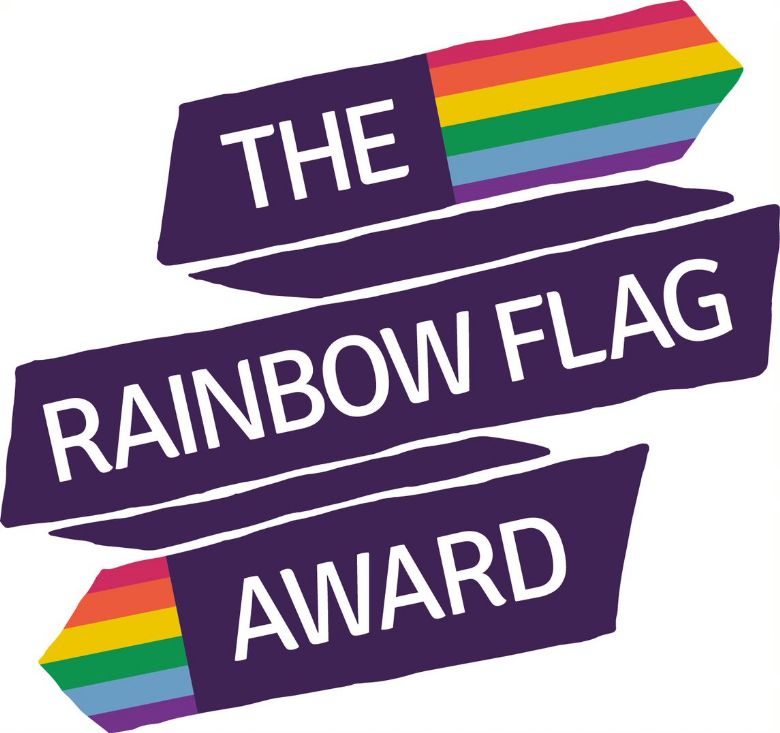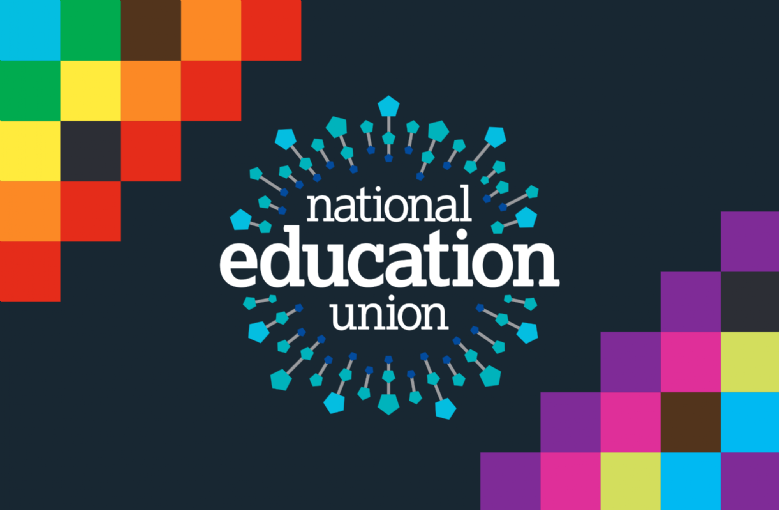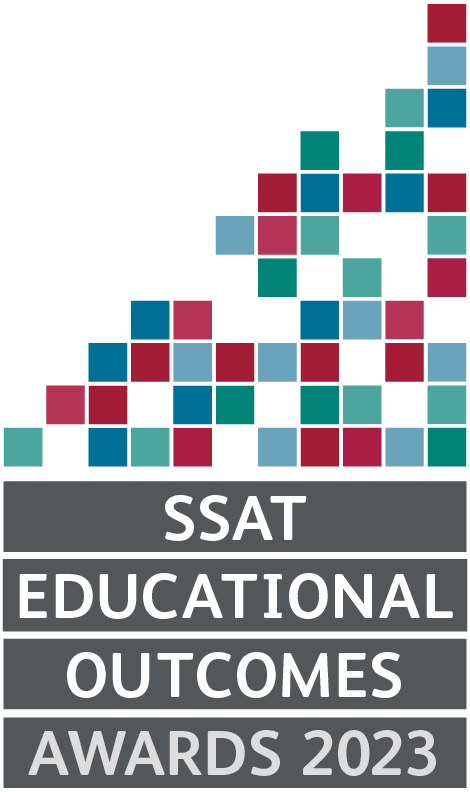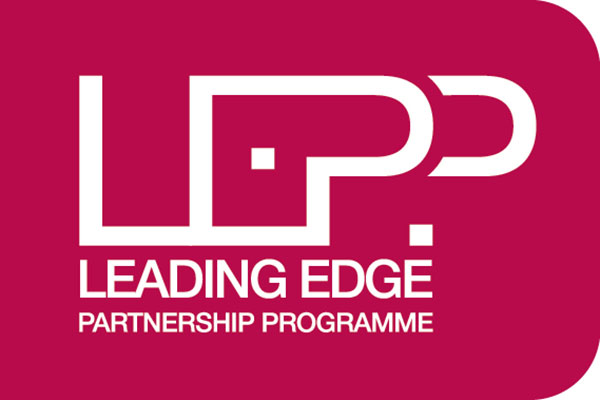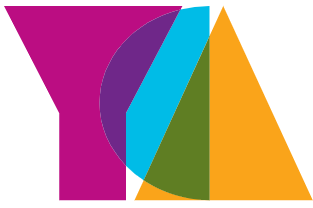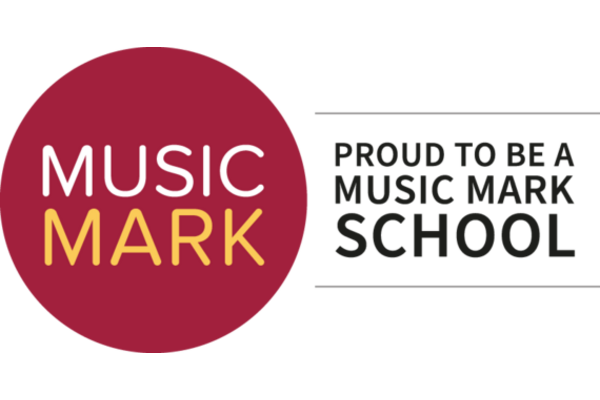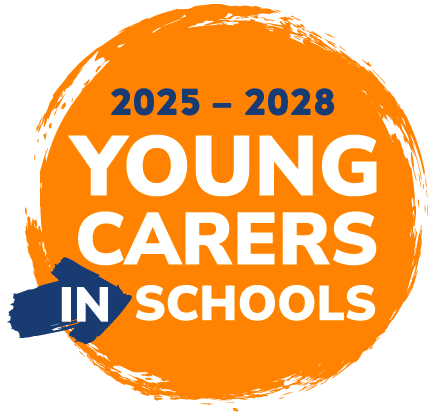English
The Faculty of English
English is vital for communicating with others in school and in the wider world, and is fundamental to learning in all curriculum subjects. In studying English, pupils learn the rules and conventions of written and spoken language. They use this knowledge to develop skills in speaking, listening, reading and writing that they will need to participate in society and employment. Pupils learn to express themselves creatively and imaginatively and to communicate with others confidently and effectively.
Literature in English is rich and influential. It reflects the experiences of people from many countries and times and contributes to our sense of cultural identity. Pupils learn to become enthusiastic and critical readers of stories, poetry and drama as well as non-fiction and media texts, gaining access to the pleasure and world of knowledge that reading offers. Looking at the patterns, structures, origins and conventions of English helps pupils understand how language works, informing their own use of language. Using this understanding, pupils can choose and adapt what they say and write in different situations, as well as appreciate and interpret the choices made by other writers and speakers. Finally, literature encourages pupils to reflect on their own experience, their place within the wider world, and their own thoughts and responses to other writers’ creations.
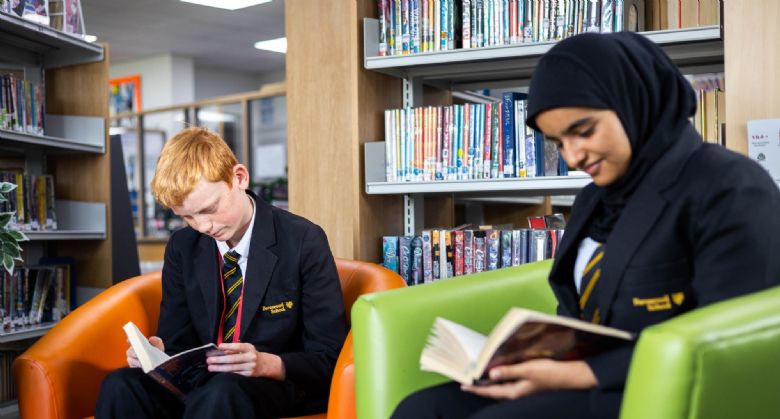
Specific Aims
- Have a varied and rich vocabulary to interpret and express nuances of meaning
- Know how language can be adapted for a variety of different purposes – spoken and written
- Are active readers – they engage with texts (fiction and non-fiction) with an exploratory and analytical approach – building on denotation and inference - considering the impact of writers’ choices
- Have enquiring minds and are critical thinkers who consider moral and spiritual questions raised and to consider a range of possible interpretations in response to texts studied
- Feel confident to read and write for pleasure, escapism, empathy and imagination
- Write with control and precision for different purposes and audiences
- Are confident and articulate in spoken language, using Standard English – varying register for context
- Consider and respond with empathy to relevant, current and sensitive social issues through carefully selected fiction and non-fiction texts
- Consider the contextual influences on texts, and reflect on how this may alter their own person response
- Feel confident and well-prepared for their next steps, from KS3 to 4, and KS4 to further education or employment
A Quality Curriculum
At The Fernwood School we are passionate about reading. Our school library is a hub of activity before school, during break and lunch time, as well as after school. It is also the home of our much beloved shadowing groups for The Brilliant Book Award, and Year 8 are also invited to shadow The Carnegie Award – these clubs are well attended and the pupils enjoy having their thoughts about new literature heard and appreciated. We know that reading is the key to success for all pupils at all ages; our pupils are supported to develop their reading confidence through regular library and reading lessons throughout KS3. We also work alongside literacy specialists to plan and embed helpful strategies into our reading work in class – all children are encouraged and nurtured in their reading journey.
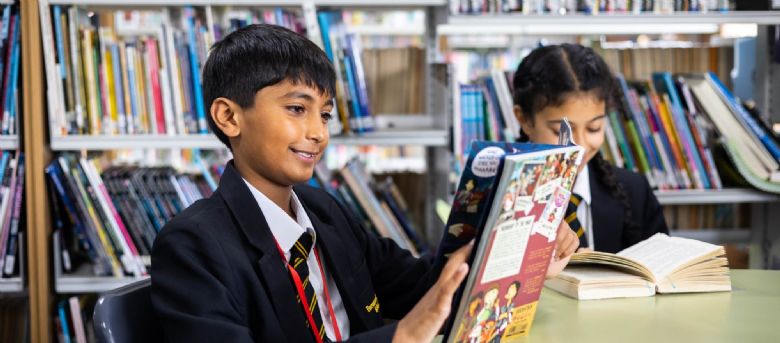
At KS3 we follow a broad curriculum, in line with the National Curriculum, that is designed to prepare pupils well for GCSE. Across Years 7, 8 and 9 we study literature texts (including Shakespeare, poetry and a modern play script) and develop key writing and communication skills. In years 7 and 9, our curriculum is further supported with explicit grammar teaching and instruction each week, and across years 7, 8 and 9 pupils have a library lesson twice per half term. In library lessons, pupils follow a ‘bookopoly’ reading challenge which encourages them to read a range of literary genres. Core reading and writing skills are assessed termly, the results of which are used to further plan and support pupils’ development and progress in English. Pupils will typically be asked to complete 1 home learning task per week which will either: consolidate existing knowledge, practise retrieval of existing knowledge, revise knowledge that has been taught in lesson time, or ‘flipped learning’ during which pupils acquire new knowledge to prepare them for a subsequent lesson or sequence of learning. This home learning is in addition to the expected 1 hour reading per week, which we know supports pupils learning in multiple ways.
At KS4 the pupils study for either 2 separate English Language and English Literature GCSE qualifications or a single English Language GCSE, following the AQA specifications (links to each of these courses can be found below).
These courses provide pupils with varied and interesting programmes of study that not only provide pupils with interesting lessons, but also encourage a love for Literature and reading. Pupils completing the Literature qualification will study the three main literary forms: prose, poetry and drama (plays). Pupils study a collection of 15 modern and classic poems from the Power and Conflict cluster, Macbeth, An Inspector Calls, OR Lord of the Flies, and A Christmas Carol. Pupils have either 3 or 4 lessons a week depending on the whole school pathway they are following. Closer to the exam period, there are also extra-curricular revision sessions provided for pupils, covering all areas of the exams, to ensure that they are fully prepared and as confident as possible. Pupils are expected to complete 1 substantial home learning task per week, to further consolidate their learning.
About us
The English department at the Fernwood School currently consists of 16 teaching staff. The staff are committed to providing all pupils with the opportunities to thrive in their literacy and reading for pleasure, which is encouraged throughout key stage 3 and 4. Classrooms are equipped with interactive screens, which teaching staff make full use of to engage and encourage pupils on their learning journey. We enjoy access to our well-equipped school library, and have the benefit of the excellent knowledge and assistance of our library staff who are always willing to advise and offer recommendations, both to the staff and the pupils! Finally, our study support hub and our intervention hub within the English faculty affords us great opportunity to meet with and coach pupils that may require some additional support with their reading or literacy.

